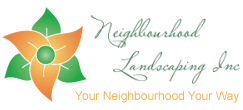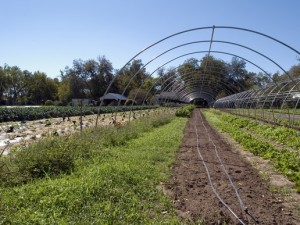Between GMOS, pesticides, ground water pollution and government policy debates, the consequences of artificial cultivation methods in farming and the organic alternatives have been getting a lot of press lately. Is organic farming really all it’s cracked up to be? Whether you are a consumer seeking information, a home gardener or a farmer reconsidering your approach, take a look at our quick guide to the pros and cons of organic farming to help you make your decision.
- Organic farming reduces your exposure to harmful pesticides. One 2010 study found that one-fifth of the food children eat in America contains chemical residue from pesticides. Organic farming uses natural alternatives and smart planting techniques to discourage pests.
- No harmful fertilizers poisoning the ground water. Commercial fertilizers wash rivers and oceans, contaminating drinking water and posing a significant threat to wildlife. Organic farmers use composting and animal manure instead.
- Smart planting methods mean richer soil. Rich soil is the foundation of organic farming. While many commercial methods sap soil’s livelihood, organic farming can restore it. The rich soil also makes organic produce more drought-resistant.
- It may be better for your nutritionally. Some studies are showing that organic produce contains more nutrients than their conventionally-grown counterparts.
The Cons
- Organic farms have lower crop yields. Natural pesticides simply aren’t as effective as chemical ones. Crop damage is inevitable, and this raises the price of the produce in the market.
- It’s cheap to start but costly to maintain. Organic farming demands weeding by hand, a devotion to composting, careful planning and a watchful eye. The time and labor investment contributes to the higher cost of the end product.
- It may require soil supplementation. A study by the USDA found that while organically cultivated soil is rich in most nutrients, phosphorus and potassium are sometimes absent. Maintaining a nutrient-rich, organic garden is especially difficult for home gardeners.
- Some large-scale cultivation methods can cause erosion concerns. The process of cultivating soil for organic farming creates a loose soil structure. This makes it easier for the soil to be eroded by wind and water.
Now that you know its advantages and disadvantages, are you ready to take the plunge into organic? Organic is better for you and the environment, but non-organic is easier on the wallet. The choice is yours, but think carefully before you make it. Contact the best Etobicoke landscaping company today for help with your new organic venture!

